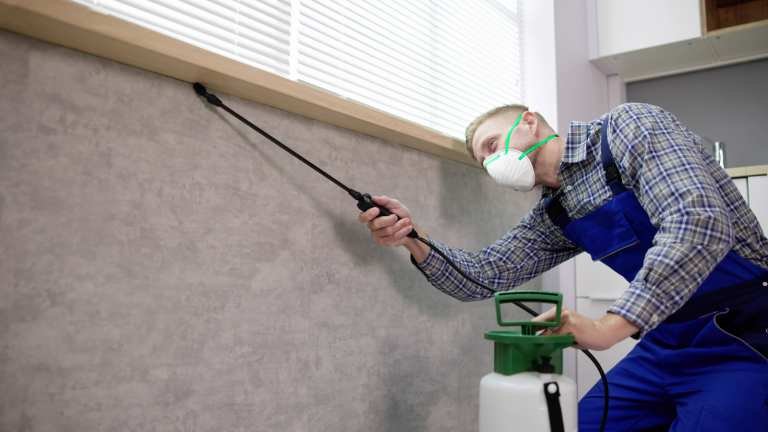Termites, commonly called “silent destroyers,” pose a significant threat to homes and buildings if left unchecked. The expertise of qualified pest control professionals is essential for effectively addressing termite issues, as they can be challenging for property owners to handle alone. Understanding the financial impact of termites, the costs of treatment, and the importance of proactive control is key to maintaining property value and minimizing repair expenses. In this blog, we’ll explore how termites affect finances and provide tips for detecting and addressing termite damage effectively.
Why Termites Matter for Finances
Termites play an essential role in breaking down dead organic materials in nature, but when they invade homes or businesses, they become a costly problem. Termite infestations result in significant financial burdens for property owners, businesses, and insurance companies. Beyond their ecological role, termites represent an economic challenge that demands swift action to mitigate potential losses.
The Financial Impact of Termites
Termites cause approximately $5 billion in damages annually in the United States alone. This figure includes repair costs, prevention efforts, and extermination services. Unlike many other pests, termites can compromise the structural integrity of buildings, leading to substantial repair bills. To make matters worse, standard home insurance policies typically do not cover termite damage, leaving homeowners responsible for the expenses. This not only affects individual property owners but can also raise insurance premiums and reduce property values.
The Importance of Effective Termite Control
Proactive termite control is essential to safeguard your property’s value and prevent costly future repairs. Regular inspections and quick interventions can stop termite problems from escalating. Effective termite management includes preventative measures like barriers and bait systems, as well as prompt treatment of infestations. By prioritizing termite control, property owners can avoid significant repair costs and protect their investments.
Understanding the Comprehensive Costs of Termite Treatment
The cost of termite treatment depends on several factors, including:
- Severity of Infestation: Extensive infestations often require more intensive and prolonged treatment, which increases costs.
- Type of Termite Species: Different species, such as subterranean or drywood termites, require specific treatment methods, with some being more complex and expensive than others.
- Treatment Method: Options like chemical treatments, bait systems, or heat treatments vary in cost and effectiveness, each with its pros and cons.
- Property Size and Structure: Larger properties or those with complex designs may incur higher treatment expenses due to the increased area and complexity of treatment.
- Location: Termite prevalence varies by region, impacting treatment costs and availability of pest control services.
Guidelines for Detecting and Addressing Termite Damage
Early detection is crucial for reducing repair expenses and mitigating termite damage. Here’s how to identify and handle termite-related issues:
- Frequent Inspections: Regularly inspect wooden structures, foundations, and other susceptible areas for signs of termites, such as mud tubes, discarded wings, or hollow-sounding wood.
- Professional Assessments: If you suspect termites, hire a qualified pest control expert for a comprehensive evaluation and accurate diagnosis.
- Timely Repairs: Address termite damage immediately to prevent further deterioration. This may involve replacing damaged wood and applying treatments to eliminate remaining termites.
- Preventive Measures: Implement strategies to deter termites, such as installing physical barriers, using treated wood, and maintaining proper drainage around your property.
- Ongoing Monitoring: Continuously monitor your property and maintain termite control measures to ensure long-term protection and early detection of new infestations.
Conclusion
The financial consequences of termite infestations can be severe, affecting property values and increasing maintenance expenses. By understanding the economic impact of termites and prioritizing effective control measures, property owners can safeguard their investments and avoid significant repair costs. Regular inspections, professional treatments, and timely repairs are critical to minimizing the financial strain caused by termites. Through proactive efforts and vigilant maintenance, you can preserve your property’s integrity and value, protecting it from the destructive effects of these pests.

